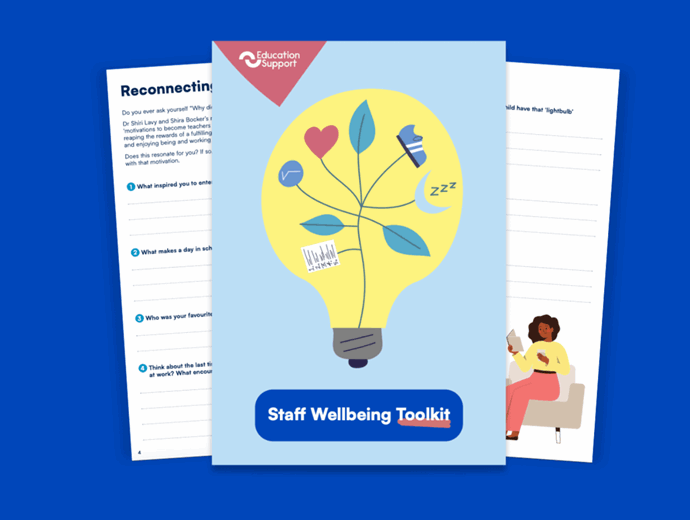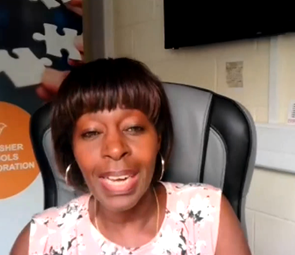
Dealing with difficulties in our personal lives can take its toll on our physical and emotional wellbeing, and our resources can help.

50% of staff say their school’s culture has a negative effect on their wellbeing. Together, we can change this.
Sign up for your free wellbeing toolkit, packed with helpful resources designed to make a meaningful difference to your staff’s wellbeing.




























